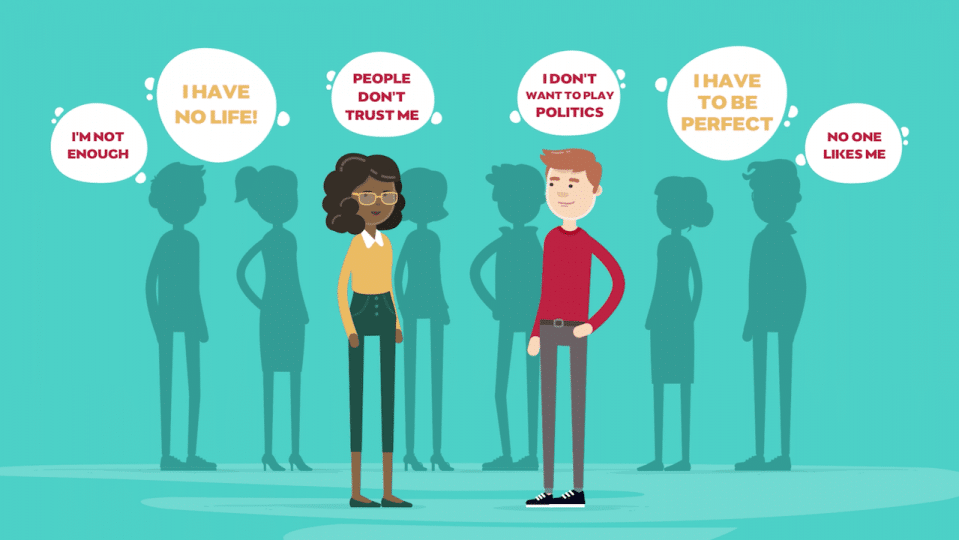Imagine, when interacting with our team members, we had the luxury of systematically trying different cooperation strategies to find out what works best in the long run. Is it treating others the way I wish to be treated? Or the way they wish to be treated? Is it exclusive competition, the tight grip on self-interest, or is it rather generous yielding to the higher cause?
In his seminal work “The Evolution of Cooperation”, Robert Axelrod did just that – vary hundreds of cooperation strategies, evolving them over time, tracking their successfulness. His book, published 1984, did not only change how we view cooperation – it still bears powerful implications for how teams can successfully collaborate today, and for leaders aspiring to create collaborative team environments.
Axelrod’s questions still hit the mark for today’s flat-hierarchy, peer-dominated team environments:
- Without a central, guiding authority – the enlightened senior leader, the supportive organizational culture – can cooperation emerge?
- Could – among mere competitors – collaborators emerge and survive?
The answer is yes on both counts. Even if everybody just pursues self-interest, cooperation can arise and survive.
Axelrod identified two crucial factors to establishing cooperation:
1. Large shadow of the future:
Future consequences of someone’s actions need to loom large, i.e. not being a team player must come with a price. The larger the cost for “defection”, the bigger the incentive to cooperate. It’s the classic one-time sales scenario: If all I do is a one-time, “fixed-pie” deal, I may not be motivated to “play nice”. The scales shift, though, if I know we will meet again.
2. Reciprocity:
“Playing nice” – cooperating, so Axelrod’s fascinating finding, does pay off, however. The most successful game strategy was Tit-For-Tat. This strategy can never score more points than its counter players – but across all its interactions it always won in the long run.
This offers tremendous leverage to teams and leaders: Create “rules of engagement” that will make consequences of current behaviors tangible and encourage reciprocity. In other words:
- Avoid unnecessary conflict. Cooperate as long as others do
- Respond to “provocations”: If someone “defects” from cooperation, stop being nice
- Forgive: Return to cooperation after showing that competition is met with competition
- Be clear: Show consistent behaviors so others can adapt to your pattern
This may not sound new, some might argue. But how often do we and our teams really live up to it? What is often overlooked is the importance of being consistent (very consistent, in fact) – when rewarding cooperation and when responding to exploitative behaviors. It’s here where many leaders and teams lack accountability.
What can we do to promote collaborative team environments?
- Enlarge the shadow of the future
Make interactions between coworkers more durable and more frequent. Rotate team members so people repeatedly work with one another over time - Change “pay-offs”
Increase incentives for cooperation (financial and non-financial rewards such as more control over work, schedule, team composition, continuing education, etc.) and also increase the penalty for lack of cooperation - Teach reciprocity
Increase accountability among all involved parties to meet cooperation with cooperation – and withdraw cooperation in the face of egotistical behaviors - Improve recognition capabilities
Support individual and collective memories and everyone’s ability to recognize the patterns of past interactions with other parties. This will make it easier to adopt your behaviors adequately
It’s fascinating to see that cooperative behaviors can evolve and prosper on its own even when individuals act largely driven by self-interest. But we can do better – and high performing teams do just that.
When we work within highly creative and effective collaborative team environments, we see high regard for future consequences and interactions based on reciprocity. These teams also dare to hold each other accountable when an individual’s behavior jeopardizes the team’s success. How does your team do?
